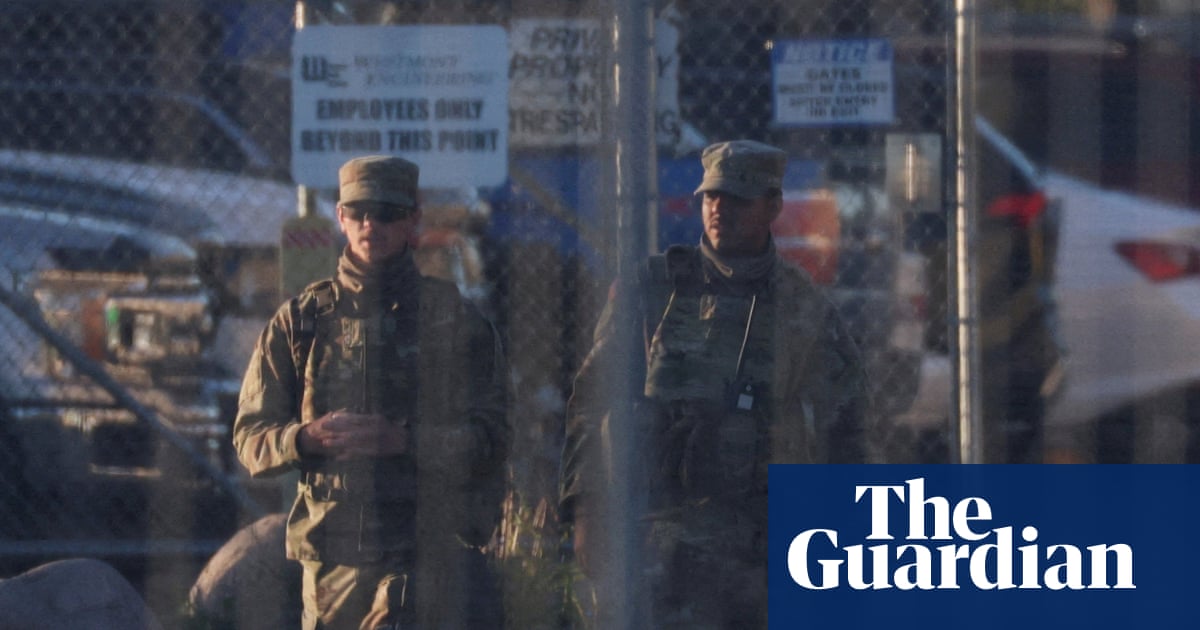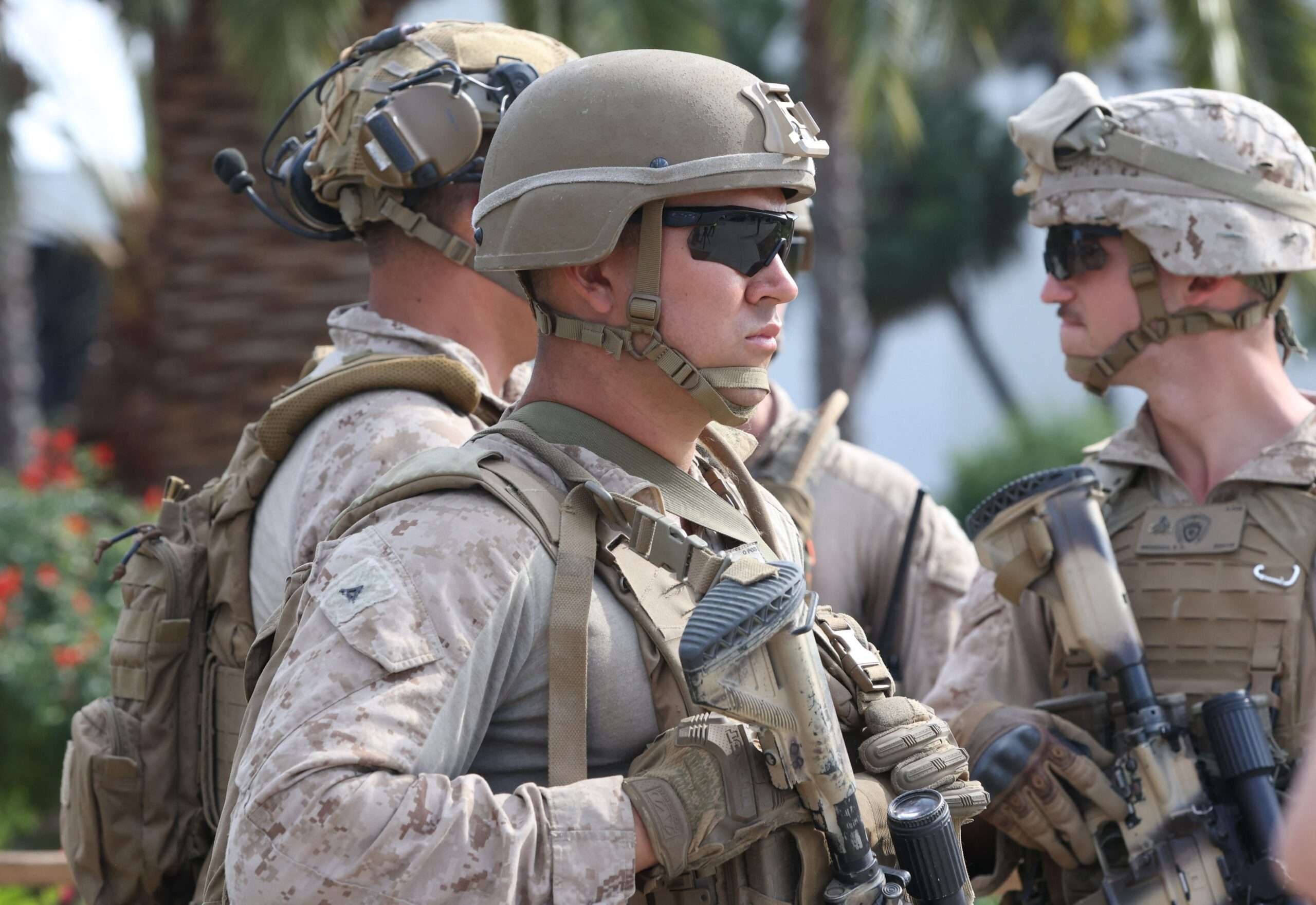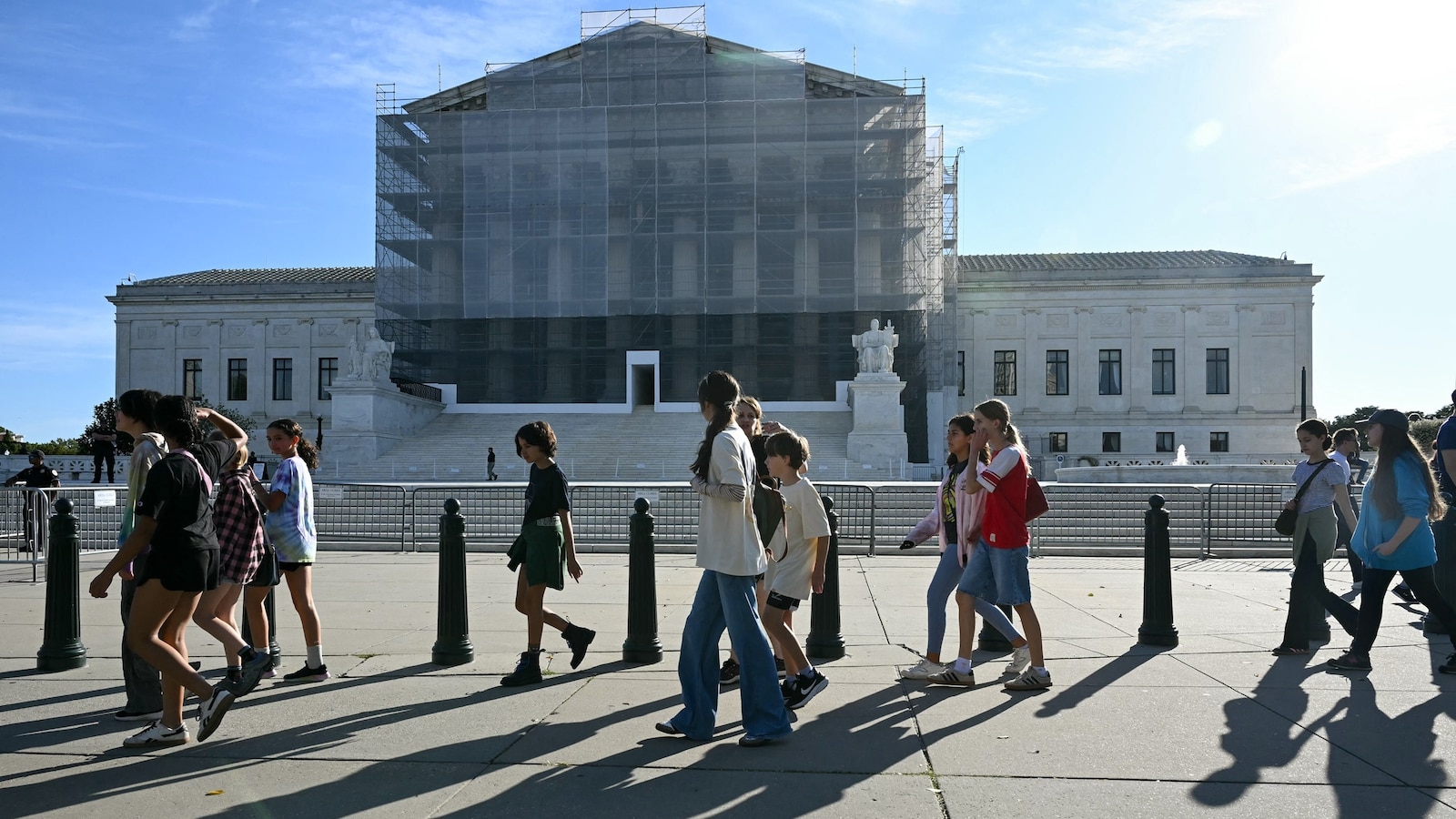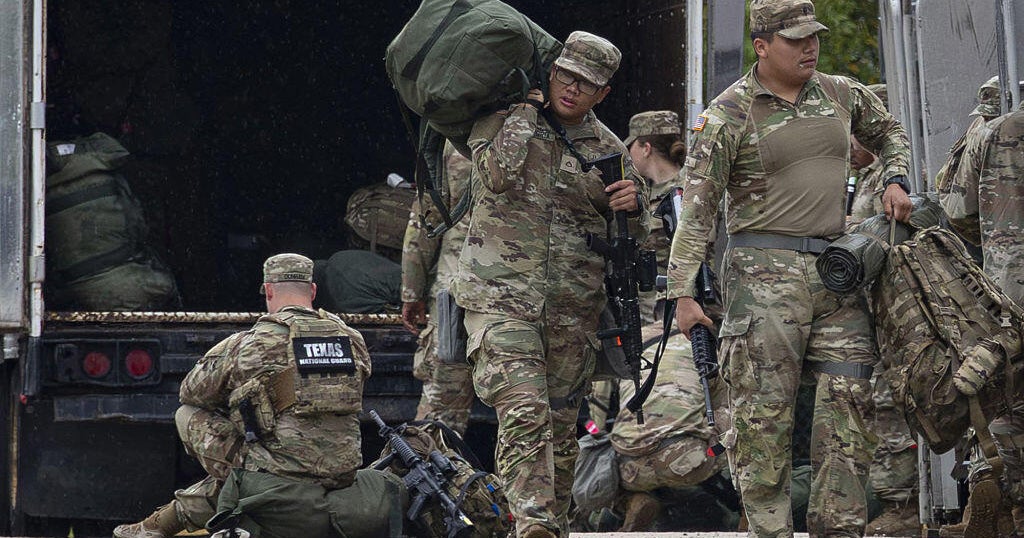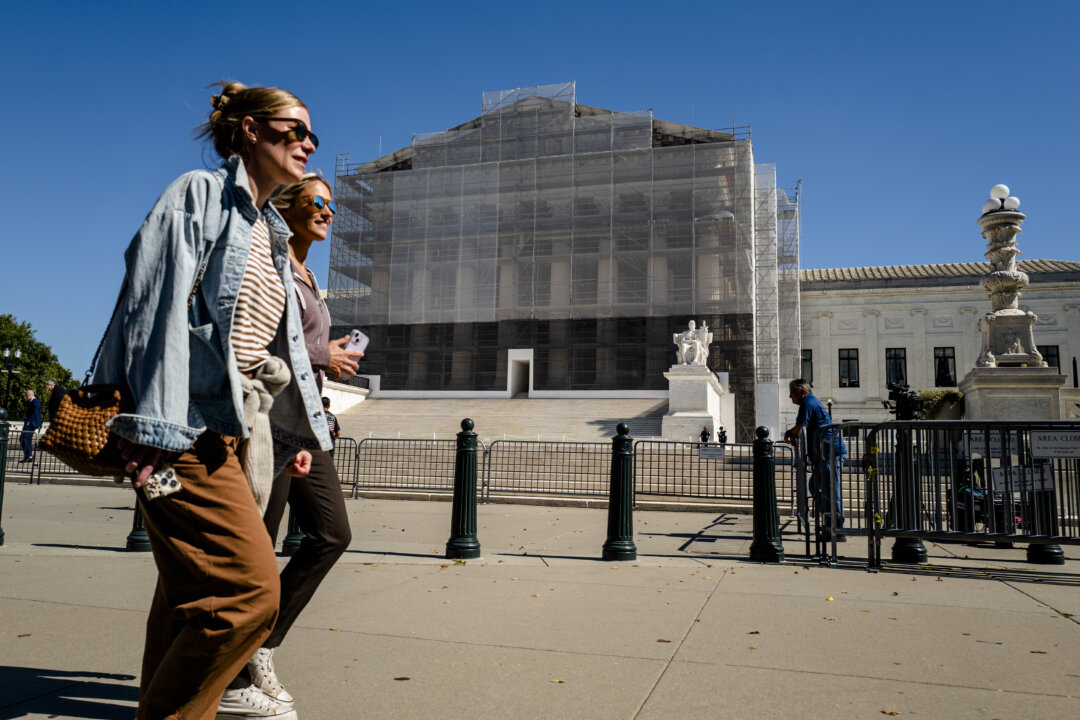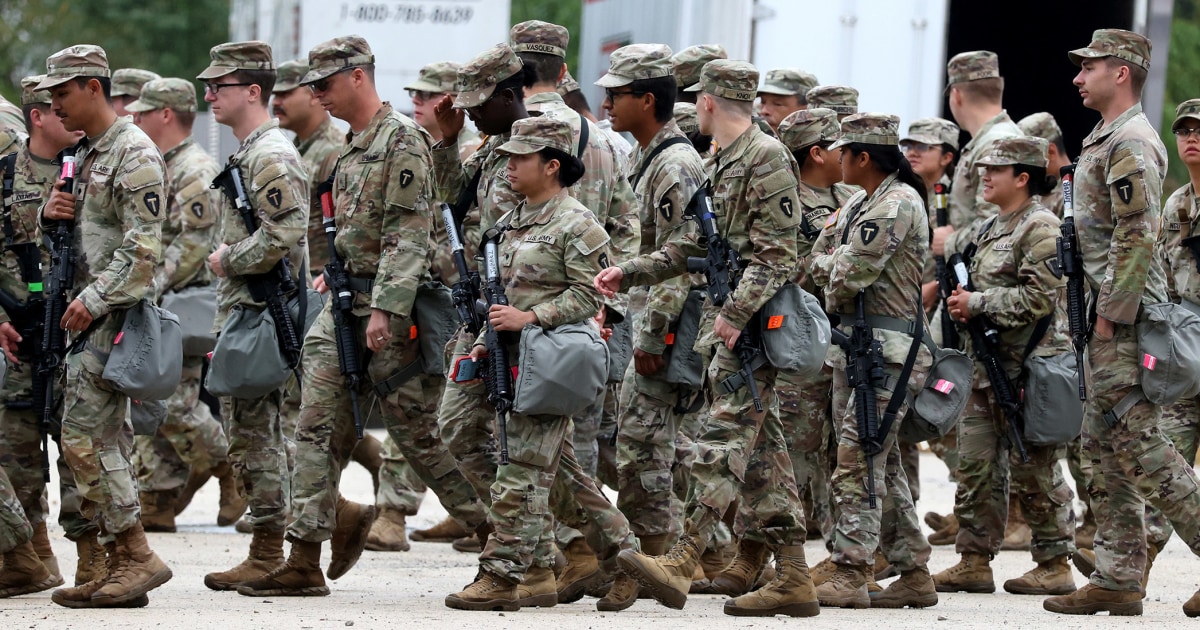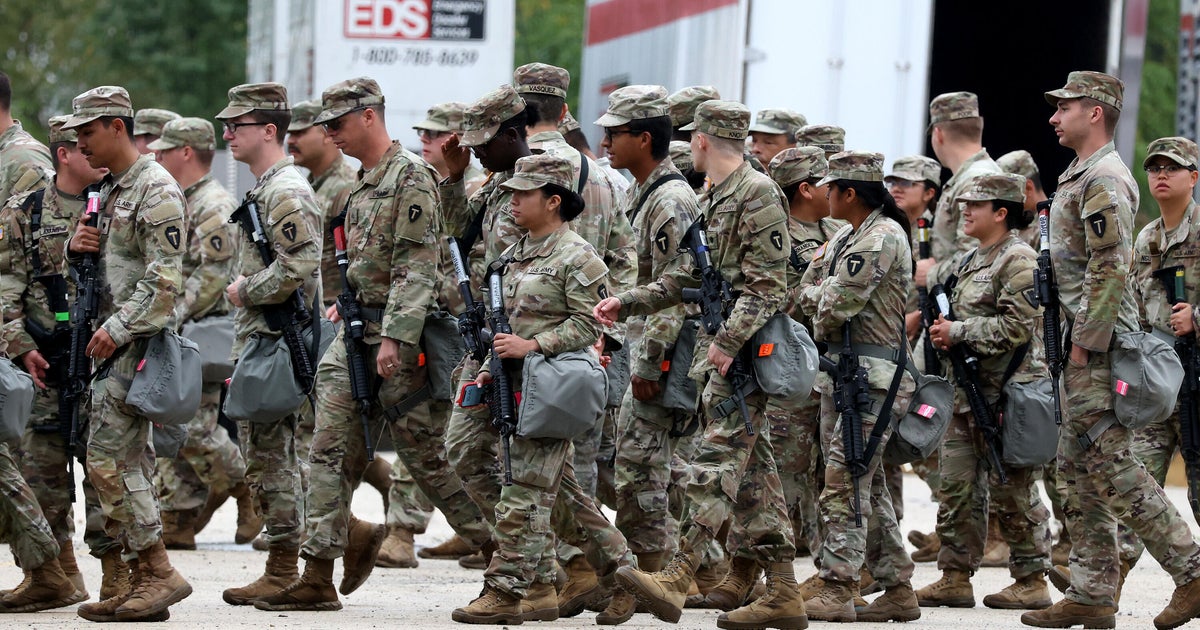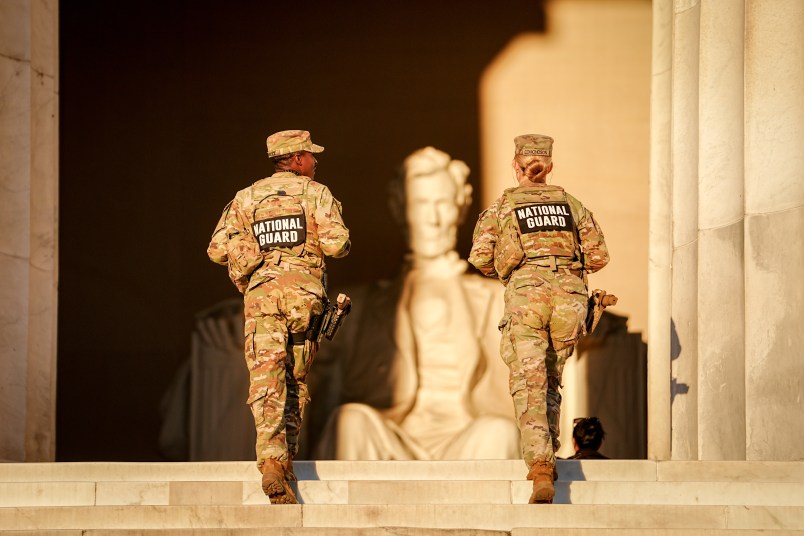Trump Administration Appeals to Supreme Court for National Guard Deployment in Illinois
The Trump administration seeks Supreme Court approval to deploy National Guard in Illinois, facing legal blocks and state opposition over protecting federal assets and immigration enforcement.
Subscribe to unlock this story
We really don't like cutting you off, but you've reached your monthly limit. At just $5/month, subscriptions are how we keep this project going. Start your free 7-day trial today!
Get StartedHave an account? Sign in
Overview
- The Trump administration is urging the Supreme Court to allow National Guard deployment in Chicago to protect federal property and immigration officers, citing threats and assaults against federal agents.
- Federal judges and an appeals court have blocked the deployment, with Illinois Governor J.B. Pritzker criticizing the move as un-American and against the state's will.
- U.S. District Judge April Perry found no substantial evidence of a 'danger of rebellion' in Illinois, and federal judges remain skeptical of the administration's portrayal of events.
- While 11 arrests occurred at a Broadview ICE facility protest, local officials report that most demonstrations against immigration enforcement have been peaceful and limited, contradicting Trump's 'war zone' claims.
- A temporary restraining order blocking deployment remains in effect, even as the Trump administration federalized 300 Illinois National Guard troops and deployed Texas guardsmen, continuing the legal dispute.
Report issue

Read both sides in 5 minutes each day
Analysis
Center-leaning sources frame this story by consistently questioning the Trump administration's justification for deploying the National Guard. They highlight the "stark and harsh language" used by the administration and immediately contrast it with strong denials from local leaders and judicial findings, emphasizing the lack of credible evidence for a "rebellion" in Illinois. This collective editorial choice casts doubt on the administration's claims.
Articles (16)
Center (9)
FAQ
The Trump administration is citing 10 U.S.C. §12406 (Title 10), which they argue gives the president the authority to federalize the National Guard and deploy them domestically, specifically to protect federal property and execute federal laws in states when necessary[1]. The administration claims this authority is broad and not subject to judicial review in this context[1].
A three-judge panel for the Seventh Circuit Court of Appeals ruled that the Trump administration’s deployment is a 'likely violation' of the Tenth Amendment, which reserves certain powers, including control over state militias, to the states[2]. The panel also found insufficient evidence of a rebellion or inability to enforce federal law with existing forces, and concluded the administration was unlikely to succeed in its claims[2].
Governor J.B. Pritzker opposes the deployment, calling it 'un-American' and arguing that it infringes on the state's right to self-governance and to have its National Guard under state, not federal, control[1]. He and the state of Illinois sued to block the federal takeover of their National Guard forces[1].
A temporary restraining order remains in effect, blocking the deployment until at least October 23, with a hearing scheduled for October 22 to determine if the order will be extended[2]. Despite this, the Trump administration has already federalized 300 Illinois National Guard troops and deployed guardsmen from Texas to Illinois over state objections[2].
Federal district court Judge April Perry found no substantial evidence of a 'danger of rebellion' or widespread violence necessitating National Guard intervention, with local officials reporting that most demonstrations against immigration enforcement have been peaceful and limited[2]. The administration’s 'war zone' claims are contradicted by law enforcement and protest records, which show only 11 arrests at an ICE facility protest and general calm elsewhere[2].
History
- 18d

 4 articles
4 articles
